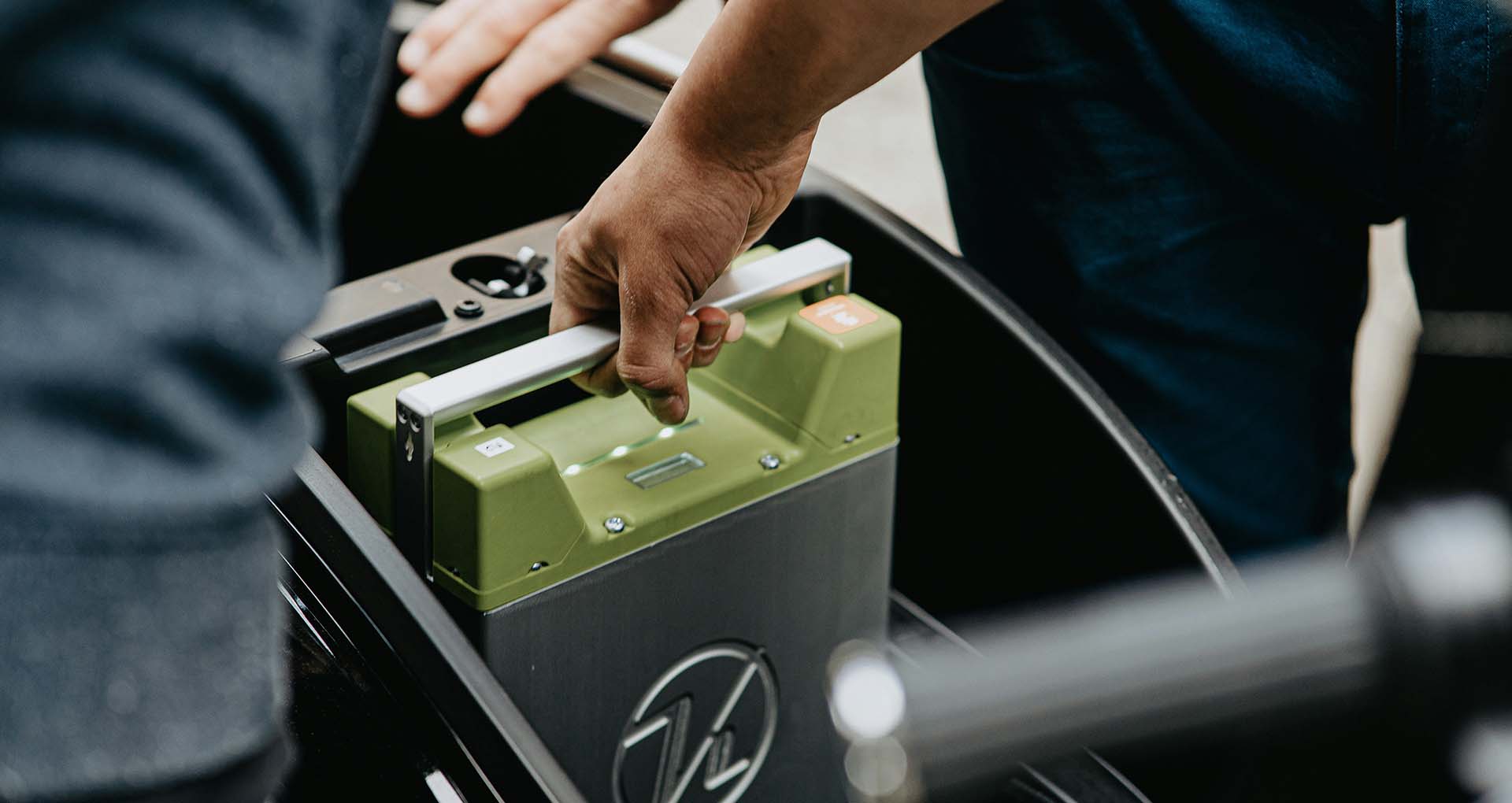RIKKOVA – Destructive testing of batteries & RIKKOVA – Destructive Testing of Batteries (investment)

Duration of the project
Source of funding
European Regional Development Fund (ERDF)

Total funding
374 627 €
The aim of the Battery Destructive Testing – RIKKOVA project is to increase the competitiveness of the Finnish and especially Southwest Finland battery industry. The project plans and implements a modular and mobile test platform for the safe testing of batteries in extreme electrical conditions or under heavy mechanical loads at the EduCity campus of Turku University of Applied Sciences. The aim is to produce higher quality data in the future to support simulation and product development. There is a separate investment project for the acquisition of the test platform (RIKKOVA – Destructive Testing of Batteries (investment).
Batteries themselves are chemical electrical storages, consisting of several cells connected in parallel or in series. The properties of the cells depend on many factors: the materials, their usage history, the state of charge, and the temperature of the operating environment and the battery. Batteries age both during use and storage, and the mechanisms and interactions of aging are at least partially unknown. In general, an aged battery is a greater safety risk under extreme conditions than an unused battery.
The most important feature of the test platform to be built in this project for is testing batteries to and beyond the limits of safety, where thermal runaway of the cell or cells is possible or probable. Tests like this provide additional information about the behavior of batteries in extreme situations, their aging mechanisms, and their performance in different situations. There is a huge need for such a testing platform, because the self-feeding fire situations of battery cells, in particular, will become significantly more common in the future as transport becomes electrified.
Due to the test platform being built in the project, companies will be able to design and manufacture better products, as in the product development phase engineers can test products experimentally until they break. With the help of the test platform, it is possible to carry out more extensive and accurate battery testing, which enables the development of measurement methods that can be used to verify the condition of used batteries more accurately than before. This ensures the safety of the battery in the next application. Therefore, the use of batteries in so-called circular economy Second-Life solutions enable more extensively.


Contact us
Meet the research team
-
Research teams
Computational Engineering and Analysis
-
Research teams
Manufacturing Engineering
See all our projects
We carry out nearly 200 RDI projects annually together with working life and our international partner networks.


